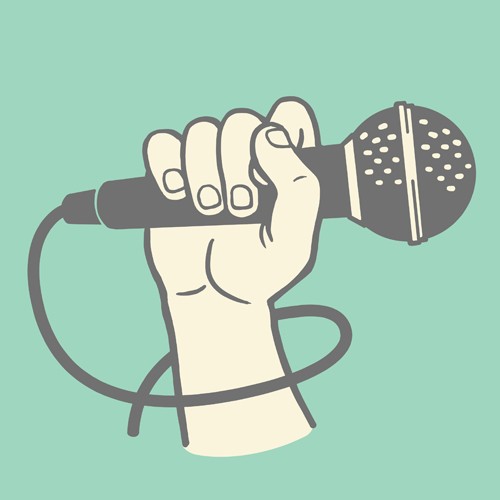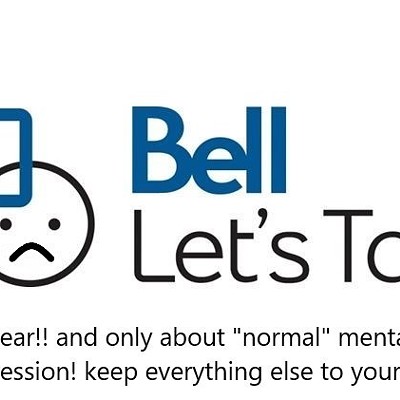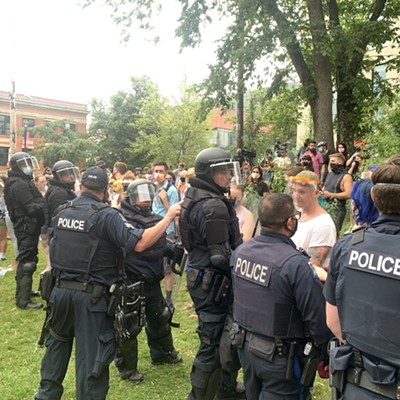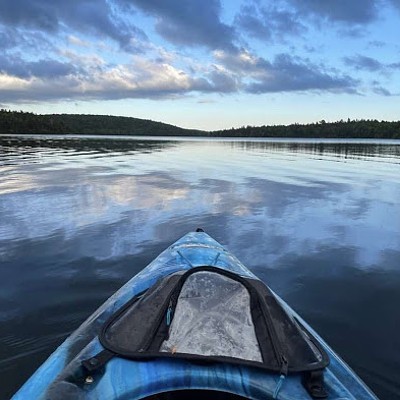COVID-19 has had a devastating effect on the arts sector, especially for the performing arts. Now, two months into the school year, it’s time we take a moment to shout out public school music teachers.
In September, music teachers returned to work under incredibly difficult conditions with dramatic disruptions on their teaching practices. There are a variety of new protocols being implemented. For example, in addition to social distancing and wearing masks, many extracurricular music programs and concerts have been cancelled. Where some bands are rehearsing, practices have been limited to just 30 minutes. Some bands have even banned playing certain types of instruments, like trumpets and other brass. Many music teachers have to travel to different classrooms throughout the day, lugging around a collection of instruments to do their job.
On top of all this, and I would argue the most radical restriction, is a ban on students singing. Can you imagine a music class without singing?
Imagine that the province banned the use of books in English classes. Or, if sports teams were banned from sharing equipment and balls, were required to stay socially distanced, and had to wear masks. In fact, in Nova Scotia the opposite is generally true of the last example. Many sports teams, including those run by schools, have been allowed to “return to play.”
Singing is not only synonymous with the human experience, it is also a central element to music education. So, the question becomes: Why haven’t music students been allowed to “return to play”? To what end are we banning singing in music schools? Why is Nova Scotia the only Atlantic-bubble province where in-school singing is banned? Where the province has just 19 active cases, no outbreaks in schools, and restrictions that have frustrated the fundamental tools of music education, why can’t we just let kids sing?
It's a sad time for the students that these restrictions impact. They are the ones missing out on choir rehearsals, musicals and band practice. These experiences not only enrich students’ education, but they offer meaningful opportunities for kids to learn social skills. How to listen, how to share their voice, how to make space for others, and how to work together to achieve something creative and wonderful. In essence, they teach us how to be together in community—one of the core, unique societal functions that the arts provide for us.
Music educators deserve our thanks on a good day, and today they deserve it now more than ever. Let’s take time to give them praise. They are among this moment’s champions.
Jack Bennet is a law student in K’jipuktuk/Halifax, past Dean of Music at the Maritime Conservatory of Performing, and the co-host for The Big Sing (when there’s not a global pandemic).
















